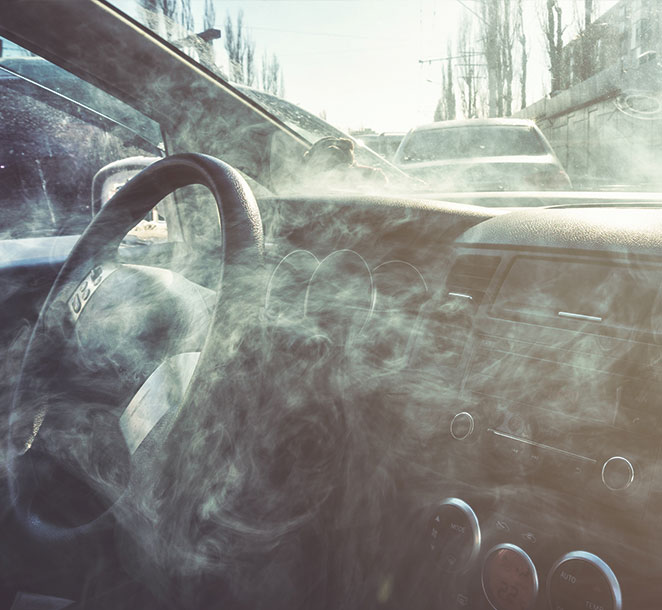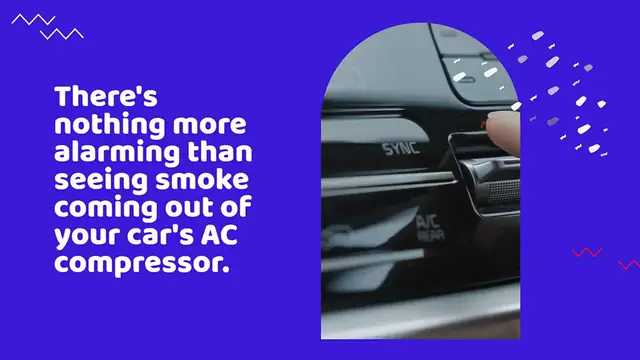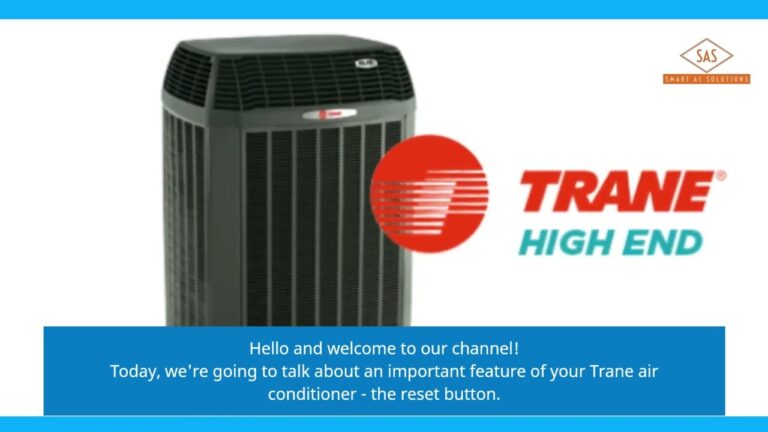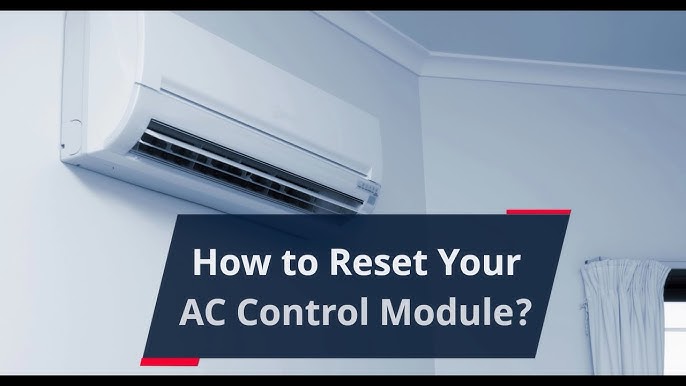5 Reasons Why Your AC Compressor Is Smoking: Critical Insights
Seeing smoke from your AC compressor can be alarming. It usually means something is wrong.
Your air conditioner should work smoothly to keep your home cool. But when smoke appears, it’s a clear sign of trouble. Understanding why this happens is crucial for preventing damage and staying safe. In this blog post, we will explore five common reasons why your AC compressor might be smoking.
From electrical issues to mechanical failures, we’ll cover the basics and help you identify potential problems. This knowledge will empower you to take quick action, ensuring your AC unit runs efficiently and safely. Stay tuned as we dive into these important reasons.
Electrical Issues
Wiring problems can make your AC compressor smoke. Damaged wires cause short circuits. These shorts create heat. Heat can burn the insulation. Burning insulation produces smoke. Regular checks can prevent this. Replace any damaged wires quickly.
Faulty capacitors also cause smoking. Capacitors start the compressor. When they fail, the compressor struggles. This struggle creates heat. Too much heat causes smoke. Check capacitors often. Replace bad capacitors to avoid problems.
Refrigerant Leaks
Low refrigerant levels can cause your AC compressor to overheat. The compressor works harder, which might cause smoke. Always check and maintain proper refrigerant levels to avoid damage.
Damaged refrigerant lines can cause leaks. These leaks reduce the refrigerant in your AC system. This can lead to overheating and smoking. Fixing damaged lines quickly can help prevent these issues.
Overheating
Blocked airflow can cause the AC compressor to overheat. Dust and debris block the vents, stopping air from moving freely. This makes the compressor work harder. The harder it works, the hotter it gets. Too much heat can make it smoke. Always check the vents. Keep them clean to prevent blockage.
Dirty condenser coils can also cause overheating. The coils need to be clean to work well. Dirt and grime build up on the coils over time. This buildup stops heat from leaving the system. The compressor then has to work harder to cool the air. Extra work means extra heat. Keep the coils clean to avoid this problem.

Credit: www.rycompressors.com
Mechanical Failures
Bearing wear leads to increased friction inside the compressor. This friction causes heat and may result in smoke. Bearings should be in good condition. If not, they can cause serious damage to the compressor.
Valves control the flow of refrigerant in the compressor. Broken valves can cause the compressor to work harder. This extra work produces heat. Eventually, this heat can cause the compressor to smoke.
Oil Leaks
Seal failures can cause oil leaks in your AC compressor. Worn out seals let oil escape, leading to smoking. Regular checks help find and fix these problems. Replacing faulty seals can prevent leaks and keep your AC working well.
Oil accumulation can also cause your AC compressor to smoke. Excess oil in the system leads to smoke and other issues. Oil can build up due to overfilling or blockages. Regular maintenance and correct oil levels help avoid this problem.
Preventive Maintenance
Regular inspections keep your AC running well. A technician checks for wear and tear. Small problems can be fixed fast. This stops bigger issues later. Clean parts make your AC last longer. Inspections save you money in the long run.
Fix problems as soon as they show up. Timely repairs stop damage from getting worse. Broken parts can cause smoke. Fixing them can prevent fires. Your AC will work better after repairs. Don’t wait to call a technician.
Signs Of Compressor Damage
Your AC may make strange noises. Clanking or hissing sounds are common. These sounds mean trouble. You should not ignore them. They may get worse.
Airflow may feel less cool. Your AC may take longer to cool. This is a bad sign. It can mean your compressor is failing. Check it soon. You may need a repair.

Credit: www.youtube.com
Safety Measures
Your AC compressor is smoking. Turn off the AC unit at once. This can prevent fires. Safety is the top priority. Do not touch any parts of the unit. The smoke indicates a serious issue. It could harm you or your family. Keep everyone away from the unit. Make sure pets are safe too. Power off the main switch if needed. This stops any further damage. Wait for help to arrive. Do not restart the unit by yourself. It is risky and can cause harm.
Seek help from a professional. An expert can diagnose the problem. They have the right tools and skills. Let them handle the situation. Do not attempt repairs on your own. You might make things worse. A trained technician knows what to do. They can fix or replace the compressor. This ensures safety and proper functioning. Trust the experts for your AC issues.

Credit: www.youtube.com
Frequently Asked Questions
Why Is My Ac Compressor Smoking?
Your AC compressor might be smoking due to overheating, electrical issues, or a mechanical failure. Turn off the system immediately and consult a professional technician for a thorough inspection and repair.
Can A Smoking Ac Compressor Be Fixed?
Yes, a smoking AC compressor can often be fixed. The issue might be minor, like replacing a faulty component. However, a professional technician should diagnose and repair it to ensure safety and efficiency.
What Causes An Ac Compressor To Overheat?
An AC compressor can overheat due to poor ventilation, low refrigerant levels, or dirty coils. Regular maintenance and timely servicing can help prevent overheating issues.
Is A Smoking Ac Compressor Dangerous?
Yes, a smoking AC compressor can be dangerous. It poses fire hazards and can lead to further system damage. Turn off the unit immediately and call a professional technician for assistance.
Conclusion
Smoke from your AC compressor needs immediate attention. Ignoring the problem can lead to bigger issues. Regular maintenance helps prevent these problems. Check your compressor often and fix any issues quickly. This keeps your AC running smoothly and avoids costly repairs.
Remember, a well-maintained AC ensures comfort and safety. Stay cool and worry-free by keeping an eye on your AC system.






